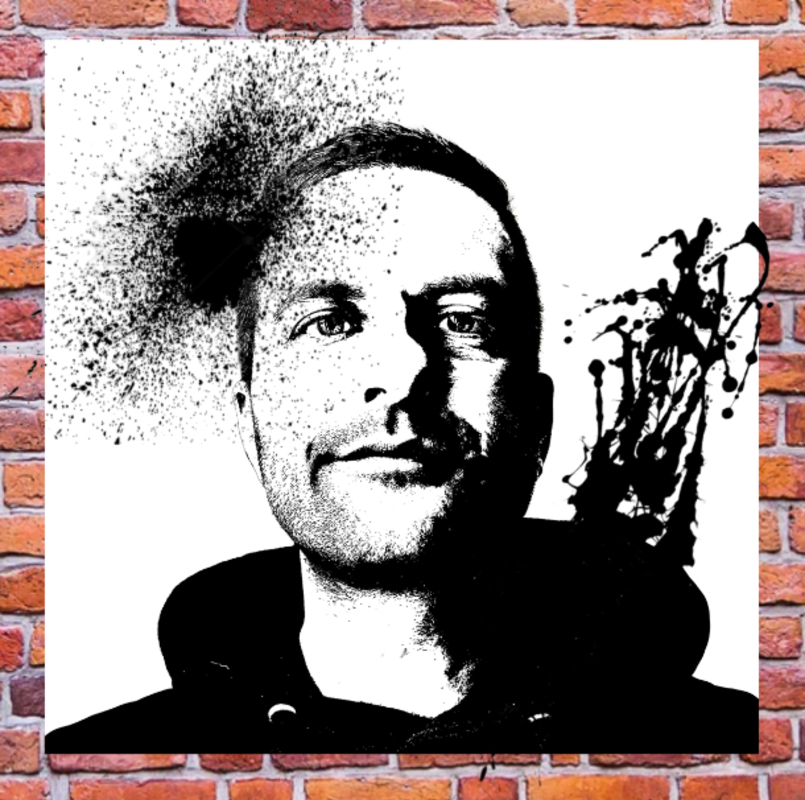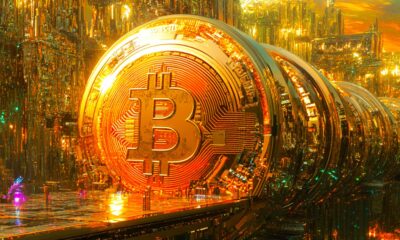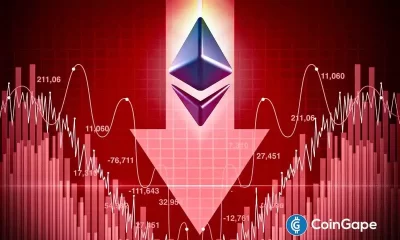corruption
Good Riddance, Martin Gruenberg

 24/7 Cryptocurrency News5 months ago
24/7 Cryptocurrency News5 months agoArthur Hayes, Murad’s Prediction For Meme Coins, AI & DeFi Coins For 2025

 Bitcoin3 months ago
Bitcoin3 months agoExpert Sees Bitcoin Dipping To $50K While Bullish Signs Persist

 24/7 Cryptocurrency News3 months ago
24/7 Cryptocurrency News3 months agoAptos Leverages Chainlink To Enhance Scalability and Data Access

 Bitcoin5 months ago
Bitcoin5 months agoBitcoin Could Rally to $80,000 on the Eve of US Elections

 Opinion5 months ago
Opinion5 months agoCrypto’s Big Trump Gamble Is Risky

 Bitcoin5 months ago
Bitcoin5 months agoInstitutional Investors Go All In on Crypto as 57% Plan to Boost Allocations as Bull Run Heats Up, Sygnum Survey Reveals

 Altcoins2 months ago
Altcoins2 months agoSonic Now ‘Golden Standard’ of Layer-2s After Scaling Transactions to 16,000+ per Second, Says Andre Cronje

 Price analysis5 months ago
Price analysis5 months agoRipple-SEC Case Ends, But These 3 Rivals Could Jump 500x
































